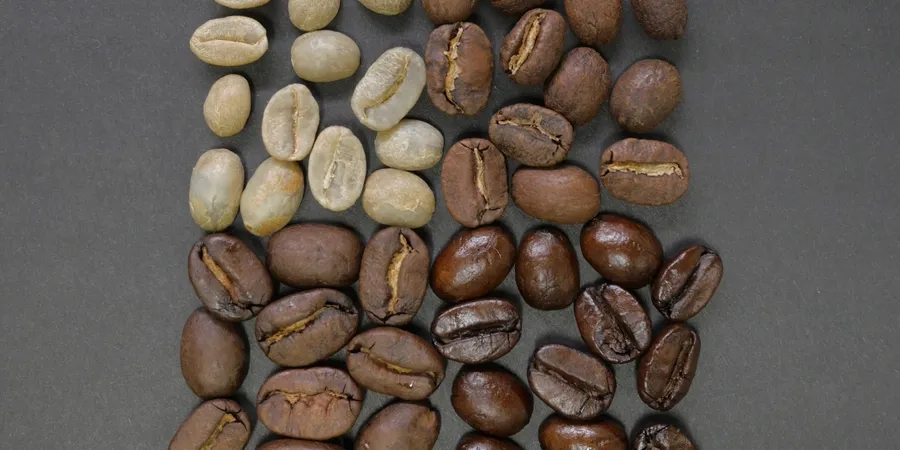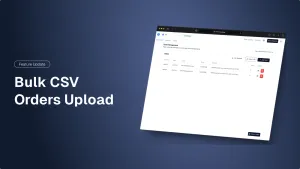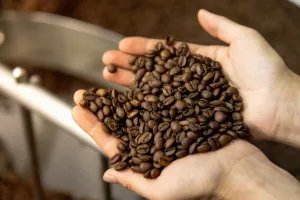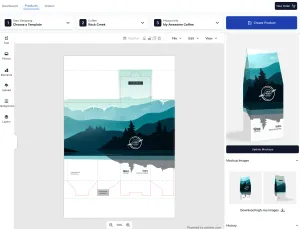🔥 Beyond Coffee Certifications | Roastify Hot-Take 🔥

At the heart of every coffee lover’s quest is the desire for a high-quality, ethically sourced brew that supports sustainable farming practices.
The ongoing debate surrounding certifications like organic, fair-trade, Rainforest Alliance, and others in the coffee industry is complex and nuanced. As consumers, we often assume “organic” equals “better,” but this oversimplification ignores the intricacies of coffee sourcing and production.
In this post, we at Roastify aim to shed light on this topic and explain our approach to ethical coffee sourcing.
Our Core Values:
Quality and Ethical Sourcing Roastify’s commitment to quality extends to every aspect of our operations, from roasting coffee and nurturing relationships with suppliers and farmers, to developing software and producing content. When it comes to the debate around certifications, our core value of quality leads us to prioritize the following:
- We don’t seek certifications for mere marketing purposes; our focus is on the actual quality and sustainability of the product.
- We base our coffee purchasing decisions on taste, sustainability, fair wage practices, and the strength of our relationships with importers.
Why Not Focus Solely on Certifications? A Closer Look at Their Impact on Our Purchasing Decisions:
💰 Cost Prohibitive Certifications: Maintaining certifications like USDA or Fair Trade is expensive, often too costly for small, low-income coffee farms. Large conglomerates sometimes exploit organic certifications to gain an unfair advantage over small farms, which contradicts our goal to support sustainable communities and small-scale agriculture.
📉 Supply and Demand Imbalance for Fair Trade Coffee: The demand for Fair Trade-certified coffee often falls short of supply, forcing farmers to sell some of their beans at much lower non-certified prices. Although we don’t exclusively seek Fair Trade certifications, we work with importers who consistently pay 30% to 100% more than Fair Trade standards for our coffee.
🌱 Environmental Considerations: Non-organic coffee farms typically yield more beans per acre, using fewer resources and reducing deforestation rates. Given that coffee is the second largest traded commodity in the world, more efficient farming practices can significantly reduce the industry’s environmental impact.
😛 Flavor Diversity: By widening our search for the best-tasting coffee, we can work with micro-lots, small farms, and unique producers, offering our customers a diverse range of intense and distinctive flavor profiles influenced by specific terroirs.
Conclusion: The Bigger Picture
The conversation surrounding coffee certifications is broader and more complex than it might initially appear. At Roastify, we take our coffee sourcing very seriously, prioritizing bean quality and ethical practices above all else. Further, by sourcing and roasting in house, we’re committed to providing you and your customers with the finest coffee experience.
Questions? Feel free to reach out to us at support@roastify.app.
Written by David Ilgenfritz
David Ilgenfritz is a Co-Founder and CEO of Roastify, a modern coffee roasting and web technologies company based in Bend, Oregon. With over 8 years of experience in aerial mapping technology and UAV LiDAR through his previous company Flight Evolved, David brings a unique tech-focused perspective to... Learn More
Other Articles You May Enjoy:

Feature Release | Bulk 3rd Party Order Uploads
Introducing the newest feature in our Merchant app, bulk CSV order uploads. This new feature allows ...

How We Roast Our Coffee
After months of hard work, we are excited to announce the launch of our new designer. The new design...

Introducing the new Roastify designer!
After months of hard work, we are excited to announce the launch of our new designer. The new design...

10 Tips for Marketing your Coffee Brand
Coffee means different things to different people – a morning energy boost, a social ritual, or even...